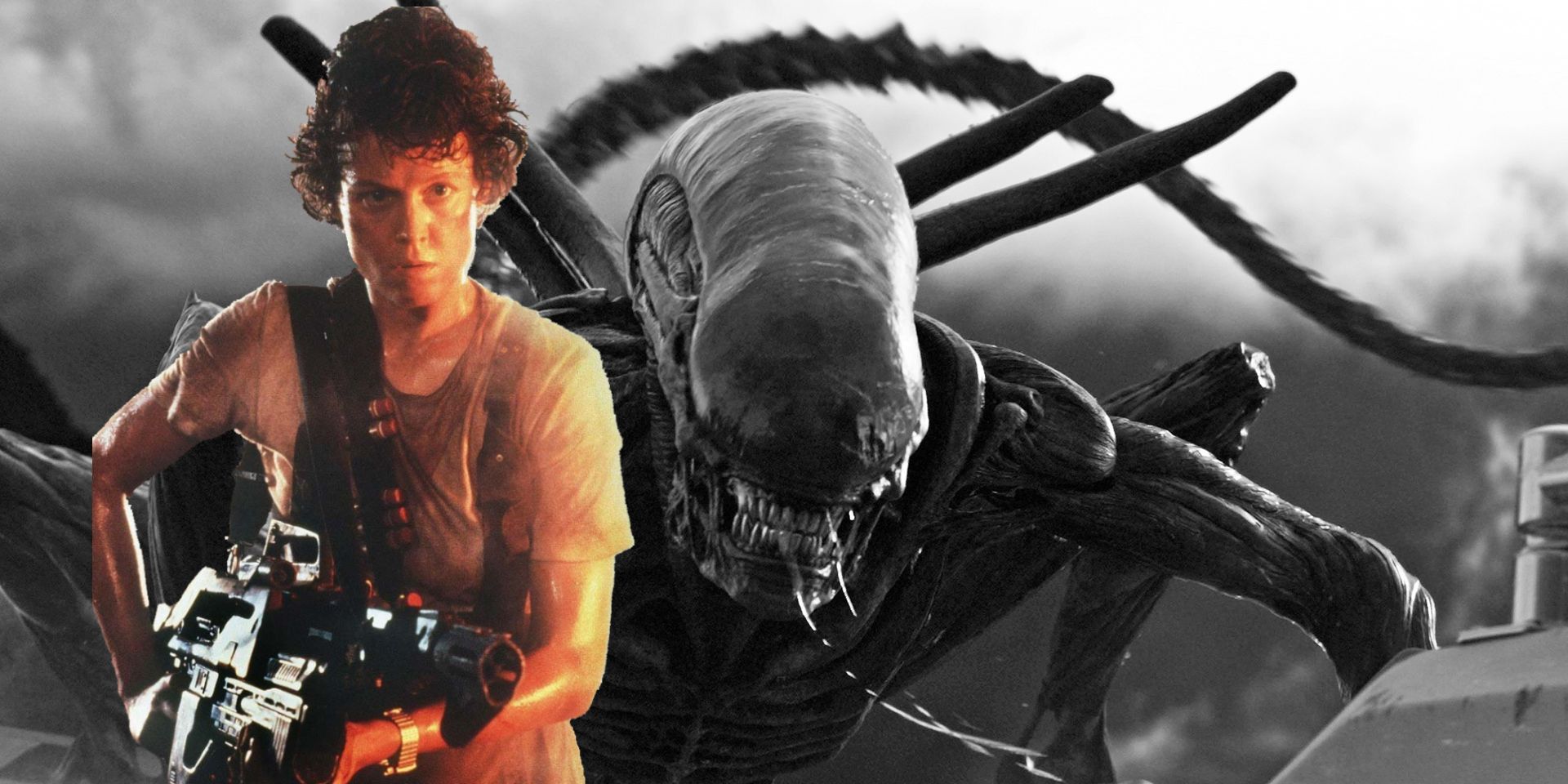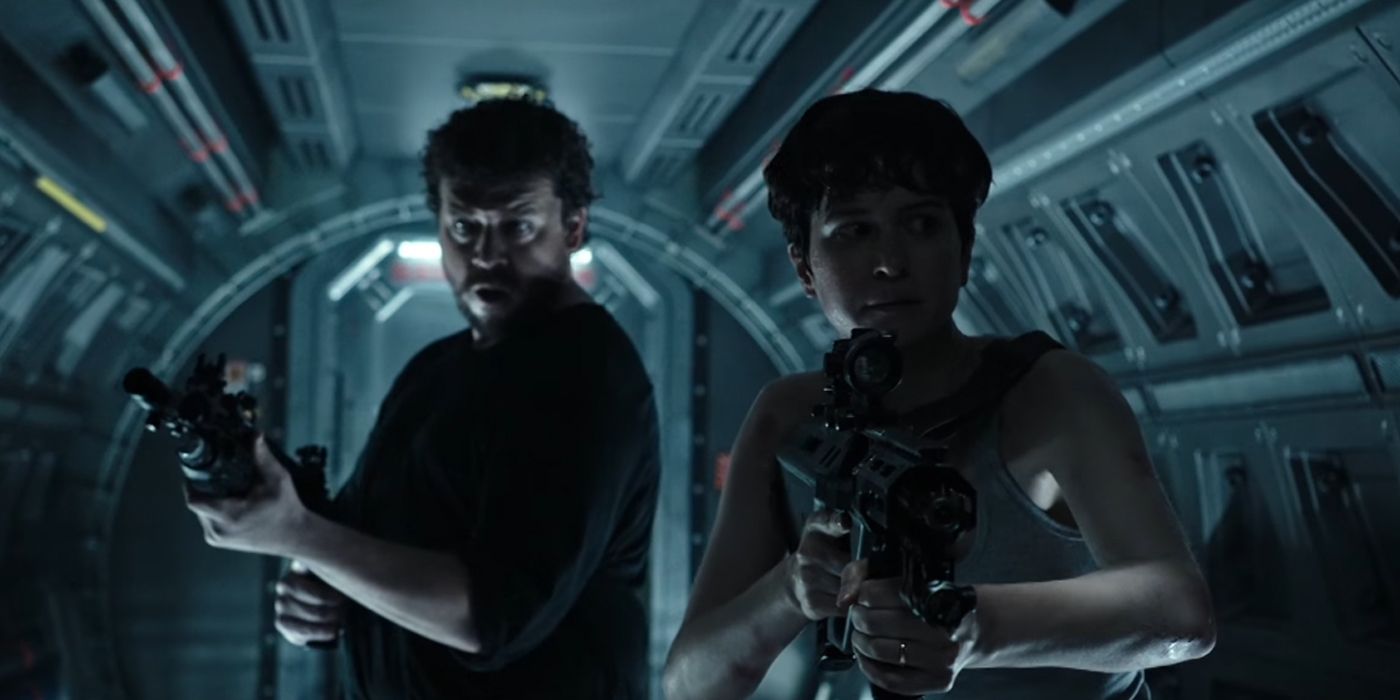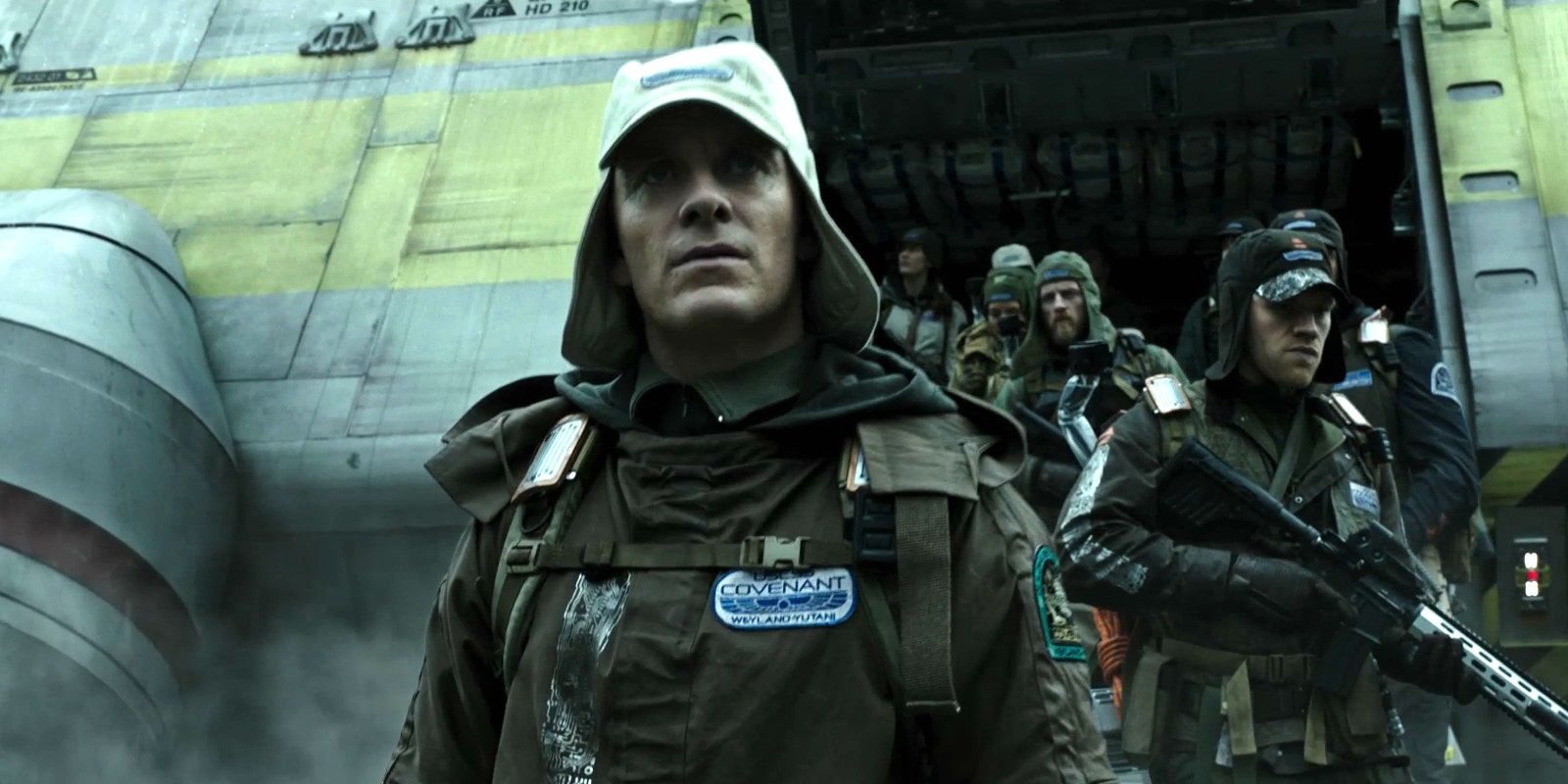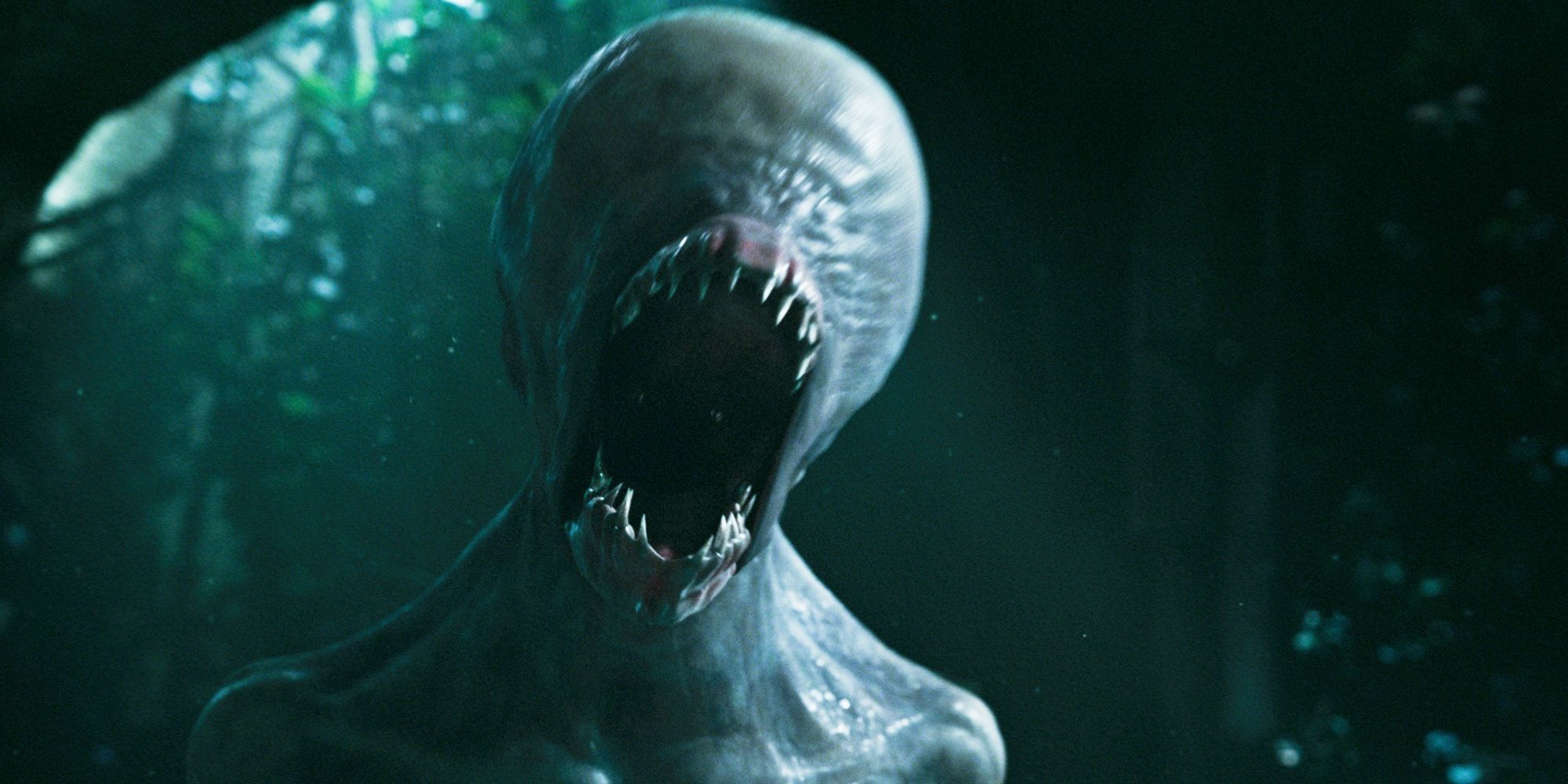Alien 3 was heavily criticized upon its release for completely disregarding certain story choices from Aliens, but Alien: Covenant makes up for this by retaining some of the spirit of James Cameron's sequel. Covenant was the second film in Ridley Scott's Alien prequel franchise, which started with 2012's hotly debated Prometheus. Alien: Covenant followed five years later in 2017, and because of a lot of complaints that the previous film didn't tie heavily enough into the overarching franchise, course-corrected by making the origins of the Xenomorph the center of the film.
Ridley Scott's prequel series came after years of sub-par Alien films, a trend which started with David Fincher's critically reviled Alien 3. Plagued with problems in the pre-production phase, the film's story went through many different versions before settling on the one seen by audiences. Set in the immediate aftermath of Aliens, the movie follows Sigourney Weaver's Ripley after crash landing on a prison colony along with a vicious Xenomorph.
Alien 3 was heavily criticized upon release for a multitude of reasons, but one of the most prominent was the movie's perceived disregard for certain story elements from the previous film. However, the most recent installment of the franchise, Alien: Covenant, is a spiritual successor to Aliens and reinvents certain story threads in a respectful and clever way.
Daniels And Tennessee Are Like Ripley And Hicks
One of the reasons why Aliens is so fondly remembered is because James Cameron's sequel introduces new elements that allows the movie to breathe on its own, without trying to be a carbon copy of Alien. One of the ways that it does this is by giving Ripley a support circle to lean on. At the start of Aliens, Ripley undergoes an immense emotional trauma after discovering that her daughter, her only real family on Earth, has died from old age while Ripley was in stasis. However, instead of leaving her as a sole survivor, similar to the first movie, she finds refuge and connection with Hicks (Michael Biehn), a member of the Colonial Marines tasked with investigating LV-426, as well as Newt (Carrie Henn), a young girl who survived the massacre of the colonists. Together, along with the cyborg Bishop, they form a new surrogate family and end up escaping the destruction of LV-426.
A lot of people heavily criticized the decision to kill Newt and Hicks off-screen at the beginning of Alien 3, returning Ripley to the same lone survivor she was in the first film. Alien: Covenant makes up for this by pairing together the characters Daniels (Katherine Waterson) and Tennessee Faris (Danny McBride), giving them a Ripley/Hicks-style dynamic. Daniels' husband is accidentally killed at the beginning of the film, similar to the loss of Ripley's daughter at the start of Aliens, while Tennessee is the crass and macho chief pilot of the Covenant who comes face to face with the Xenomorphs after his wife is killed. Together they rely on each other to make it off the Engineer's planet alive, and provide a similar platonic human connection to each other as Hicks and Ripley.
Michael Fassbender's Walter Resembles Bishop's Arc
A massive point of praise for Ridley Scott's prequel series has been the performance of Michael Fassbender as the rogue cyborg David, who audiences discover is the original progenitor of the Xenomorph. Alien: Covenant takes Fassbender's performance and doubles it, giving him two characters to play: the sinister David and the altruistic android, Walter. While David resembles the callous attitude of the android in the first Alien, Ash, his performance as Walter is similar to Lance Henriksen's character of Bishop in Aliens.
Due to her experience on the Nostromo with Ash, the ship's science officer who she discovers is an android, Ripley is initially distrustful of Bishop during her return to LV-426. However, his unwavering dedication to ensuring her safety wins her over, showcasing that androids in the Alien Universe aren't a monolith and are capable of both great evil and great good. Walter's arc in Alien: Covenant follows a similar path, with David attempting to corrupt him by revealing the cruelty of their creator Weyland. Shockingly, Walter once again proves the potential for good within androids by rejecting David's ideology in order to protect Daniels.
Both Films Evolve The Physiology Of The Alien
One of the numerous reasons that the first Alien was so successful is the design of the creature itself, crafted intricately by Swiss artist H.R. Giger. The design was rooted in Giger's particular brand of biomechanical sensuality, and evoked both beauty and terror in its complex reproductive cycle. The creature was unlike anything that had been seen in horror up until that point, and its physical appearance is a massive part of why the Xenomorph has remained a mainstay of popular culture.
Where Aliens succeeds when Alien 3 and Resurrection both failed is in the evolution of the Xenomorph as a creature. While Alien 3 provided fans with a Xenomorph redesign from Giger himself, and Alien: Resurrection introduced the often-mocked idea of an Alien-human hybrid, both films failed to create a unique evolution of the creature on the same scale as Aliens. Aliens introduced the Queen, a concept that stuck because of its unique addition to the Xenomorph's reproductive cycle, as well as the distinctly feminine beauty that came with the new evolution.
Alien: Covenant carries on this tradition by experimenting with the design of the Xenomorph. Prometheus introduced the DNA that would inevitably become the Alien, but Covenant doubled down by literally showing audiences how David created the formidable beast. It's hinted at and fully revealed in deleted scenes that David used the body of Elizabeth Shaw to create the eggs that produced the first Xenomorphs, technically making Shaw the first Alien Queen. However, the movie also introduces another predecessor to the Xenomorph in the form of the Neomorph, the stark white predator that hunts down the crew of the Covenant when they first touch down on the Engineer home world. Despite being directed by Ridley Scott, Alien: Covenant manages to be a great spiritual continuation of certain concepts from Aliens, and provides a host of new ideas and worldbuilding for the franchise to build off of if it moves forward.




